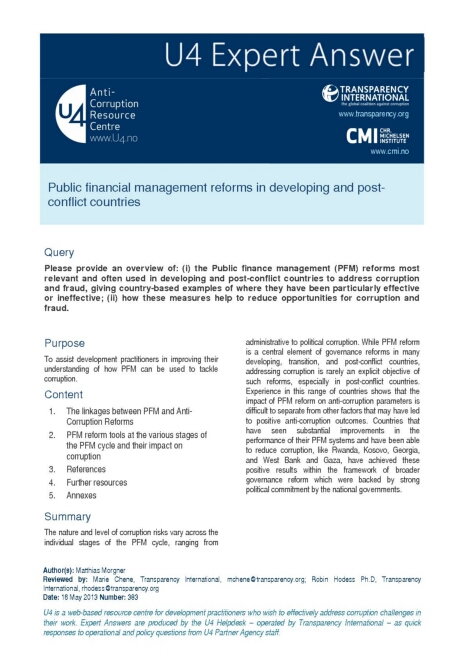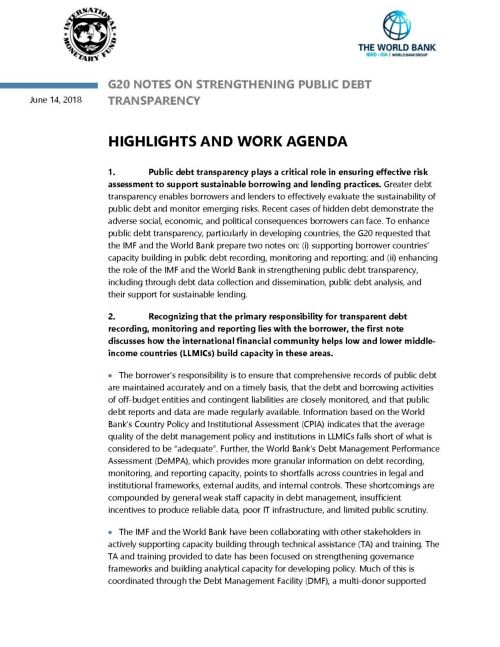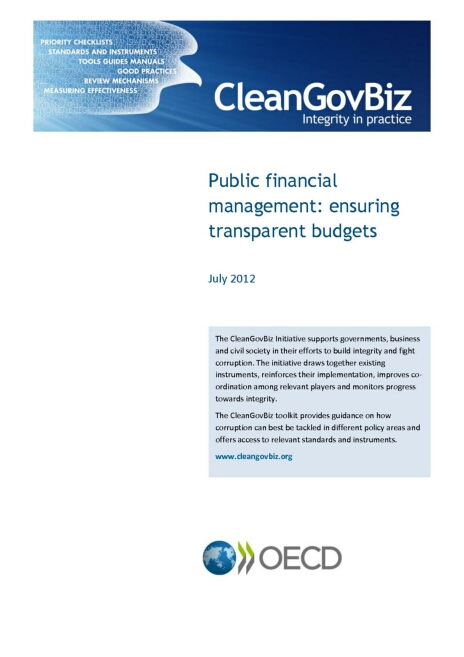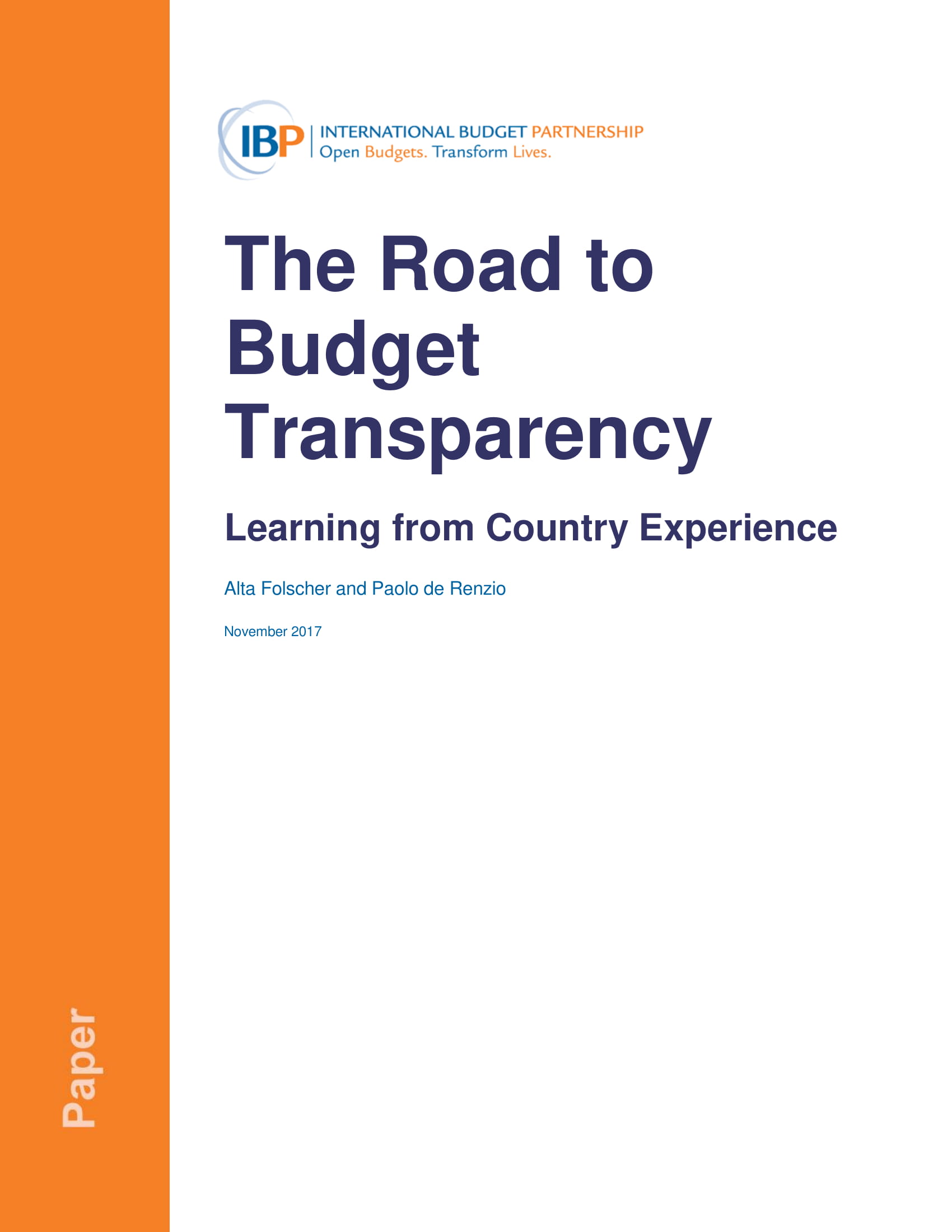Fraud Prevention in Local Government
- Aloha Morrissey, Gareth Govan, Adam Dias
- Aug 2019
- Office of the Auditor General, Western Australia
- International
All organisations, public and private, face the risk of fraud. This will remain the case wherever people and scarce resources interact. Fraud, or even the perception of fraud, can have a serious impact on an organisation’s reputation and resources. It can stem from inside or outside the organisation and by its nature is deceitful, dishonest, and often hard to detect. Numerous Corruption and Crime Commission investigations highlight the risks organisations face.
However, there are practical steps organisations can take to reduce fraud risks and build their fraud resistance. These include creation of a strong ethical culture that sets the standard of behaviour for all staff, raising staff awareness of the risks, and implementing good practice controls to manage them.
This audit found that many local governments have not assessed their fraud risks, and do not have comprehensive fraud management plans and programs. Most could do more to educate their staff on integrity polices and controls to reinforce anti-fraud messages and consider fraud risks in their daily duties. Local governments also need to make sure they have clear and easy processes for people to report any fraud concerns.
This report has been prepared for submission to Parliament under the provisions of section 25 of the Auditor General Act 2006. This was a narrow scope performance audit, conducted under section 18 of the Auditor General Act 2006 and in accordance with Australian Auditing and Assurance Standards. Narrow scope performance audits have a tight focus and generally target entity compliance with legislation, public sector policies and accepted good practice. The audit objective was to assess whether local government entities have taken appropriate steps to prevent fraud.









